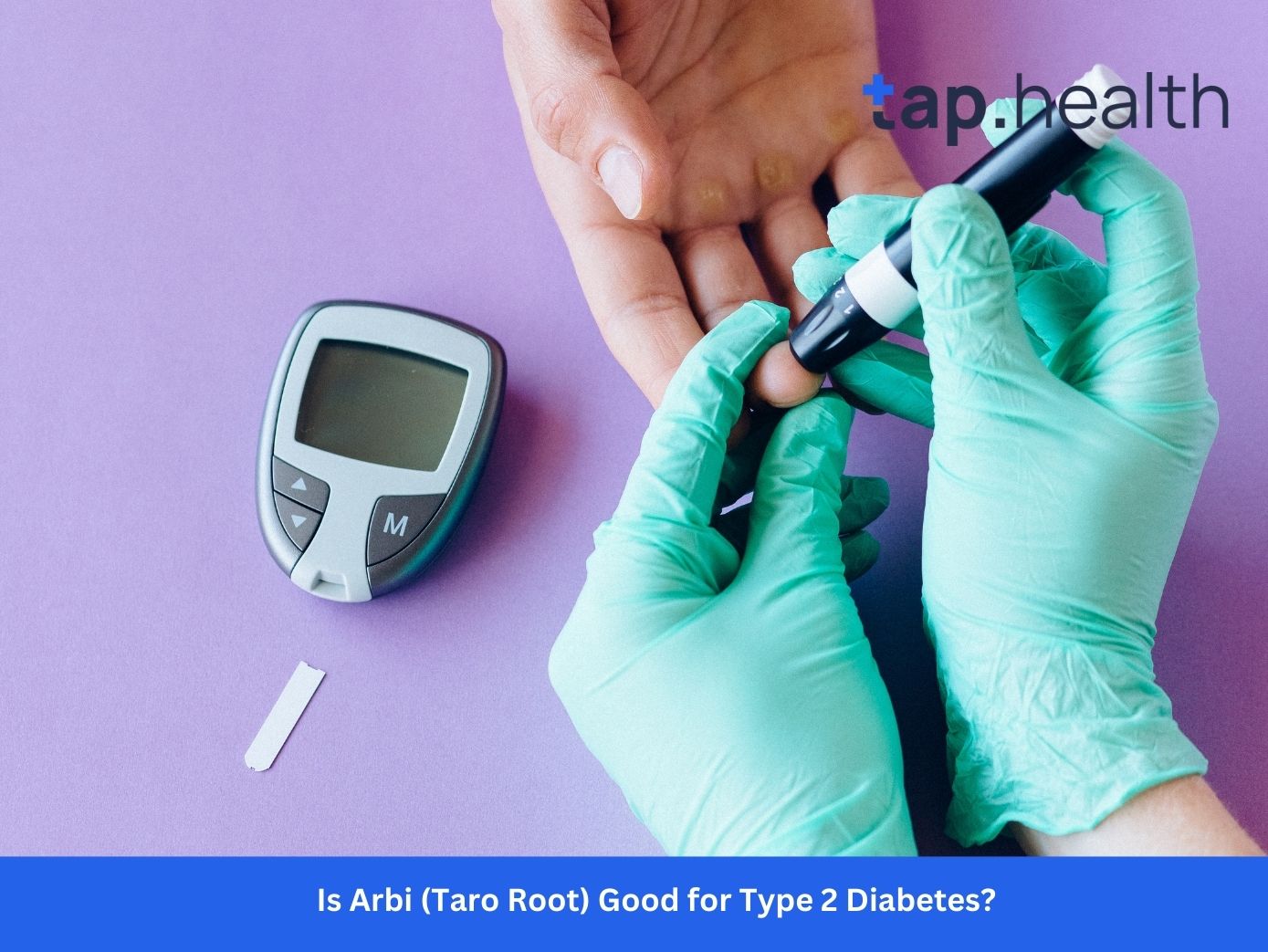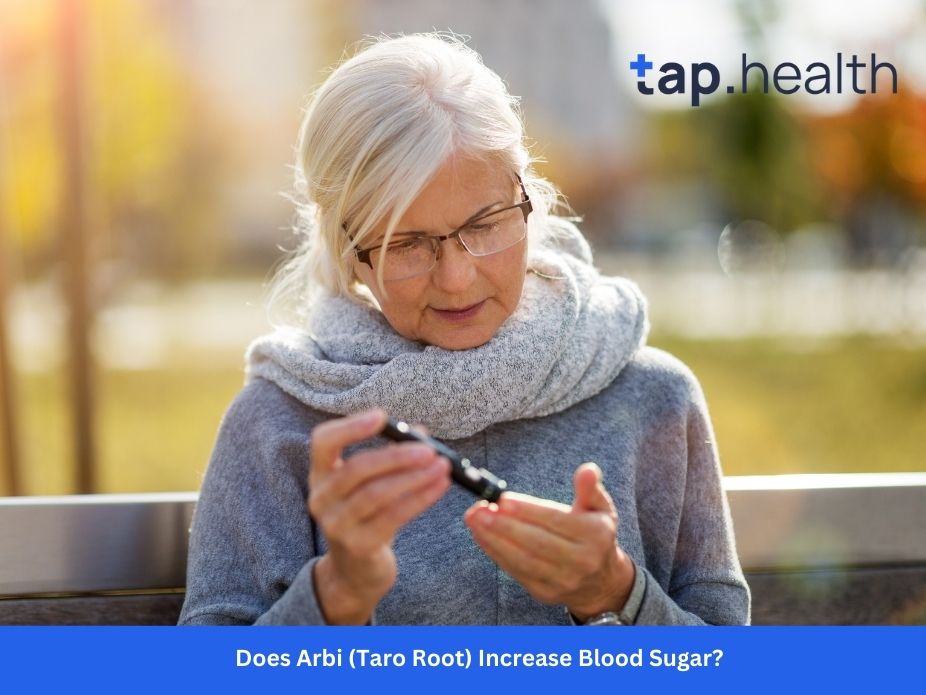Paraneoplastic pemphigus (PNP) is a rare autoimmune blistering disorder associated with underlying malignancies, presenting unique challenges for patients and healthcare providers. This blog delves into the causes, symptoms, diagnosis, treatment, and future directions for PNP, addressing common questions such as what is paraneoplastic pemphigus?, what causes it?, and how is it treated?. With a focus on clarity and actionable insights, we aim to provide a concise yet thorough overview of this complex condition.
What Is Paraneoplastic Pemphigus?
Paraneoplastic pemphigus is an autoimmune disease characterized by painful blisters and erosions on the skin and mucous membranes, often triggered by an underlying malignancy. Commonly linked to lymphoproliferative disorders like non-Hodgkin’s lymphoma or chronic lymphocytic leukemia, PNP primarily affects adults, with a slight male predominance. The condition arises when autoantibodies attack proteins like desmogleins and plakins, disrupting cell adhesion and causing severe lesions.
Key Points:
- Definition: A rare autoimmune blistering disorder tied to cancer.
- Common Triggers: Lymphomas, leukemias, or other malignancies.
- Primary Symptoms: Painful blisters, erosions, and mucosal ulcers.
What Causes Paraneoplastic Pemphigus?
The exact cause of PNP remains unclear, but it is closely linked to an aberrant immune response triggered by an underlying malignancy. Autoantibodies target specific proteins in the skin and mucous membranes, leading to tissue damage.
Key Causes and Risk Factors
- Underlying Malignancy: Lymphoproliferative disorders are the most common culprits.
- Genetic Predispositions: Certain genetic factors may increase susceptibility.
- Environmental and Viral Triggers: While not fully understood, these may play a role in disease onset.
Further research is needed to clarify the interplay of these factors, but the malignancy-driven immune response is central to PNP’s development.
What Are the Symptoms of Paraneoplastic Pemphigus?
PNP symptoms vary widely but primarily affect the skin and mucous membranes. Patients often experience severe discomfort, impacting daily activities like eating or speaking.
Common Signs and Symptoms
- Skin and Mucosal Lesions: Painful blisters, erosions, and ulcers on the mouth, throat, genitals, or eyes.
- Systemic Symptoms: Fever, fatigue, weight loss, and respiratory issues.
- Fluctuating Severity: Symptoms may worsen or improve over time, with periods of remission.
People Also Ask: What are the first signs of paraneoplastic pemphigus? Early signs include oral ulcers, skin blisters, and discomfort in affected areas, often prompting further investigation for underlying cancer.
How Is Paraneoplastic Pemphigus Diagnosed?
Diagnosing PNP is complex due to its variable presentation and overlap with other autoimmune disorders. A multidisciplinary approach involving dermatologists, oncologists, and pathologists is essential.
Diagnostic Tests and Procedures
- Clinical Evaluation: A thorough medical history and physical exam to assess mucocutaneous involvement.
- Blood Tests: Detect autoantibodies like anti-desmoglein 1, anti-desmoglein 3, and anti-envoplakin.
- Skin Biopsies: Histopathological analysis reveals acantholysis and epidermal-dermal separation.
- Immunofluorescence Studies: Confirm autoantibody deposition at the dermoepidermal junction.
- Imaging Studies: Identify underlying malignancies through CT scans or MRIs.
What Are the Treatment Options for Paraneoplastic Pemphigus?
Treating PNP involves addressing both the autoimmune response and the underlying malignancy. A tailored approach, often involving multiple specialists, is critical for effective management.
Primary Treatment Strategies
- Immunosuppressive Therapy: Corticosteroids, rituximab, and immunomodulators suppress the autoimmune response.
- Topical Treatments: Corticosteroid creams and ointments alleviate localized symptoms.
- Malignancy Management: Chemotherapy, radiation, or surgery targets the underlying cancer.
- Advanced Therapies: Intravenous immunoglobulins or plasmapheresis for severe cases.
Key Considerations: Treatment plans vary based on disease severity, malignancy type, and patient health. Regular monitoring ensures timely adjustments to therapy.
How to Manage Skin and Mucosal Symptoms
Effective symptom management is vital for improving patient comfort and preventing complications like infections.
Practical Management Tips
- Wound Care: Use sterile dressings to protect lesions and promote healing.
- Mucosal Care: Mouthwashes, gels, and lubricants reduce oral pain and maintain hygiene.
- Lifestyle Support: A nutrient-rich diet and regular exercise support healing and overall health.
- Psychological Support: Counseling and support groups address the emotional toll of PNP.
The Connection Between PNP and Cancer
PNP’s strong link to malignancies, particularly lymphoproliferative disorders, underscores the importance of cancer screening in diagnosed patients. The autoimmune response is often triggered by tumor cells, making early cancer detection critical for better outcomes.
What Is the Prognosis for Paraneoplastic Pemphigus?
The prognosis for PNP varies based on the underlying malignancy, disease severity, and treatment response. While PNP increases morbidity and mortality risks, advancements in therapy offer hope for improved outcomes.
Factors Influencing Prognosis
- Malignancy Type: Aggressive cancers worsen outcomes.
- Treatment Response: Effective control of autoimmune and cancer symptoms improves prognosis.
- Early Detection: Timely diagnosis enhances management success.
Regular follow-up is essential to monitor disease progression and adjust treatment plans.
Coping Strategies for Living with PNP
Living with PNP can be physically and emotionally challenging. Support systems and proactive strategies help patients navigate the condition.
Effective Coping Tips
- Join Support Groups: Connect with others facing similar challenges.
- Stay Informed: Understand PNP and actively participate in treatment decisions.
- Seek Counseling: Address emotional stress through professional support.
- Maintain Communication: Regular dialogue with healthcare providers ensures personalized care.
Future Directions in PNP Research
Ongoing research is advancing our understanding of PNP, with promising developments in targeted therapies.
Emerging Trends
- Targeted Immunotherapies: Drugs like immune checkpoint inhibitors show potential.
- Improved Diagnostics: Advanced testing methods enhance early detection.
- Collaborative Research: Partnerships between clinicians and scientists drive innovation.
These advancements aim to improve outcomes and quality of life for PNP patients.
Conclusion
Paraneoplastic pemphigus is a rare but serious autoimmune disorder with a strong link to underlying malignancies. Early diagnosis, comprehensive treatment, and ongoing support are crucial for managing symptoms and improving outcomes. By staying informed and connected with healthcare providers, patients can navigate the challenges of PNP with greater confidence. As research progresses, new therapies offer hope for a brighter future for those affected by this complex condition.



